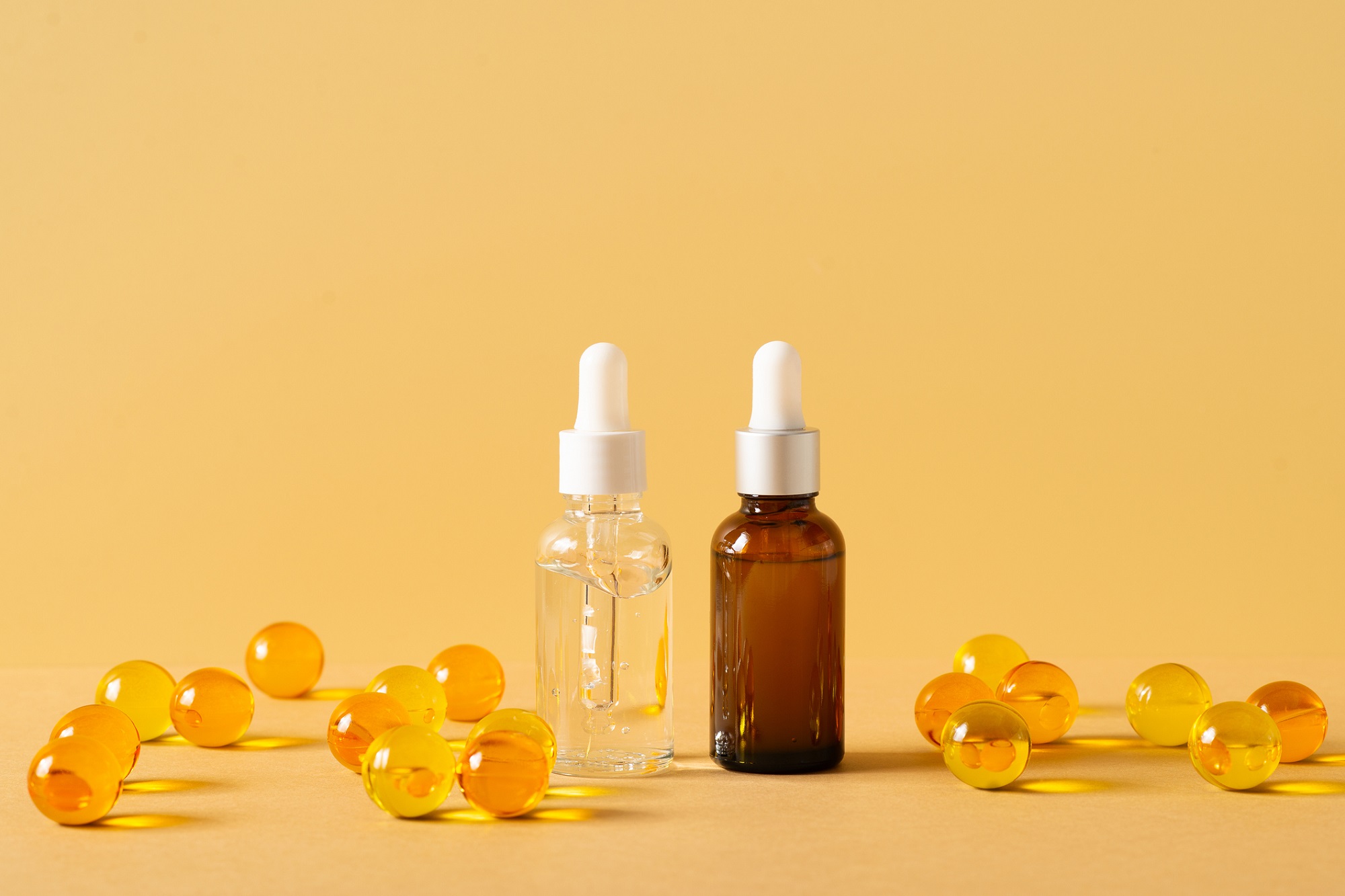A study published in Cosmetics found that hydroxyderivatives of vitamin D can act as antioxidants, helping to protect skin against some of the effects of UV exposure and aging. The authors analyzed previous reports on vitamin D derivatives and skin protection.
Impact on different skin cell types
Novel vitamin D derivatives are also involved in DNA repair, can reduce oxidative stress, and improve wound healing processes, among other functions.
Vitamin D metabolites have previously been used to treat skin conditions, including psoriasis—by inhibiting keratinocyte proliferation—and alopecia—by acting as a hair growth stimulant.
Vitamin D derivatives act on several different skin cells to create these benefits. In keratinocytes, they have anti-inflammatory properties, inhibit DNA damage and help to stimulate DNA repair after UV exposure. “They also reduce the levels of H2O2 and NO and increase the levels of detoxifying enzymes, such as GSH, thus enhancing DNA repair similarly to melatonin,” the authors write.
In melanocytes, the derivatives help to inhibit apoptosis and act as antioxidants.
For fibroblasts, they promote wound healing and regeneration. Vitamin D derivatives beneficially affect collagen production by repairing and replacing collagen and decreasing collagenase. In addition, the authors write that vitamin D3 partially regulates an anti-aging gene called alpha-Klotho.
In addition, vitamin D derivatives can help heal wounds and prevent hypertrophic scars and systemic sclerosis. They can also regulate pro-inflammatory cytokines by increasing levels of anti-inflammatory cytokines.
Analysis
An analysis showed that smoking and solar exposure are the most common causes of skin aging. Vitamin D and its derivatives have shown functionality as sunscreens in the literature. “It was reported that … vitamin D metabolites protect skin keratinocytes against UV-induced damage by modulating DNA damage or repair processes,” the authors write.
Sunscreens with antioxidants, such as vitamin D derivatives, can suppress ROS formation and decrease photoaging. The derivatives offer protection against both UVA and UVB rays. Due to its combination of effects, novel vitamin D hydroxyderivatives could be an alternative to existing sunscreens because of the reduction in UVB-caused effects.
The derivatives protect skin against aging by counteracting oxidative stress. The authors write that skin-aging products often have something called nrf2 activity, and vitamin D derivatives target nrf2, suggesting a possible mechanism to strengthen skin barrier function.
For cosmetics, vitamin D is applied topically, eliminating the risks of oral consumption of vitamin D, with the added benefit of skin hydration.
One challenge is vitamin D’s lipophilic nature, but nanocarriers can function as enhanced drug delivery systems. Due to its sensitivity to external factors, a biocompatible nanocarrier is preferred.
Source: Cosmetics
2024, 11(2), 37; https://doi.org/10.3390/cosmetics11020037
“Promising Functions of Novel Vitamin D Derivatives as Cosmetics: A New Fountain of Youth in Skin Aging and Skin Protection”
Authors: Janjetovic, Z., et al.

